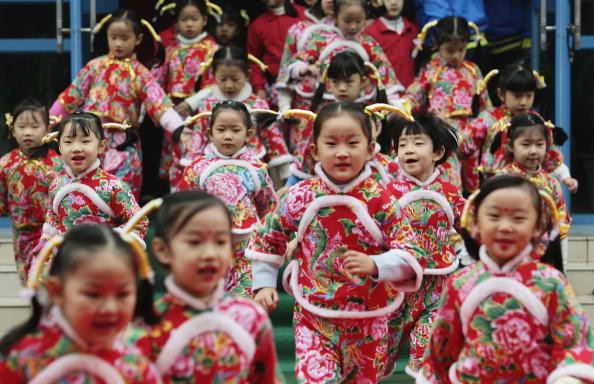China's notorious one-child policy was stricken off by the government in favor of a looser policy that allows families to have two children each. About one year on after the new policy, families remain unwilling to have a second child, citing burgeoning costs.
The one-child policy drastically curbed China's overpopulation problem, which has been part of the country's poverty problem at the time of its introduction. But as economic prosperity took place in what now is the world's second-largest economy, aging and the lack of young people emerged as new problems.
In a CCTV report, the All-China Women's Federation released survey results showing that over 50 percent of their respondents--one-child parents--are reluctant to have a second child. Many of those who have expressed their hesitance to the idea belong to urban areas.
The same survey cited the following factors that make one-child parents unwilling to have another child: finances, quality of childcare and education, and concerns over social services. Yet, despite of those worries, some of the respondents highlighted notable positives.
Per the respondents, they view having a second child as an opportunity for them to exhibit greater responsibility in their roles as parents. At the same time, they have shown greater awareness towards wider aspects of children's development, touching on both physical and mental health.
Furthermore, the respondents have expressed greater interest in gaining more guidance in raising a second child. They are willing to gain knowledge from childcare centers and educational institutions, experts, organizations, and the media, among others.
In a Global Times report, China's labor shortage stands as a key issue that have necessitated the country to go for a two-child policy. With only about 1 billion people belonging to the working age in 2015, the country is estimated to lose more in the future - around 958 million in 2030 and only 827 million in 2050.
At the same time, China might have to augment its medical workforce to sustain the effectivity of the two-child policy in the coming years. The National Health and Family Planning Commission said that it would need an additional 89,000 beds as well as 140,000 midwives and obstetricians come 2020.



























